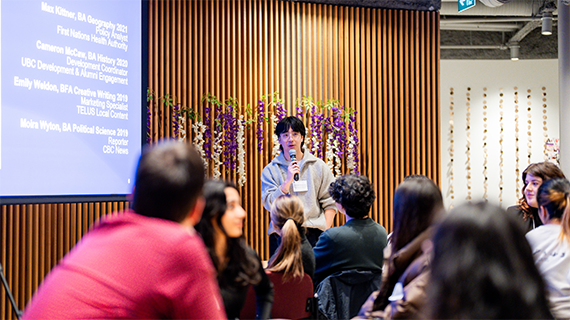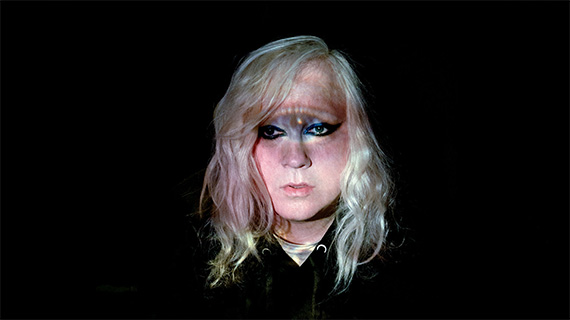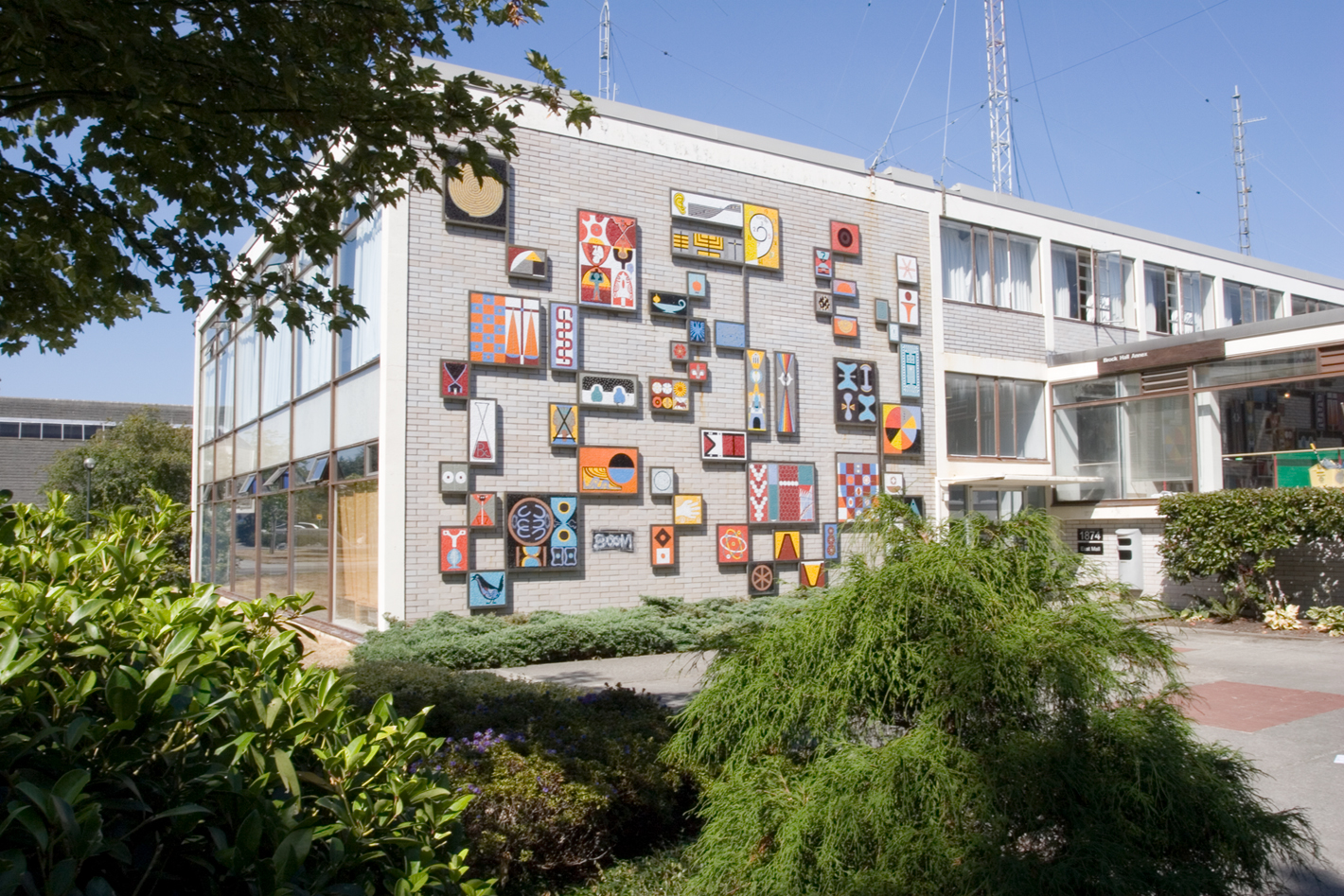

By Sam Markham
Everyone’s heard of Go Global. It’s a chance to spend a semester or two in a foreign country, studying whatever you can find that’s transferable back to your degree at UBC professors Sylvia Berryman and Tom Kemple offer a new experience – a term abroad in Guatemala that is put on for rather different reasons.
The premise is this: twenty students, selected via an application and interview process, spend six weeks in Guatemala in the beginning of the summer. Six credits are offered through this “field trip” – upper level philosophy and sociology courses taught by Berryman and Kemple respectively.
The plane lands in Guatemala City, and the group spends the first week staying with home stay families in a highland city called Xela. Through a program offered by a local NGO (non-governmental organization) they take Spanish classes while getting accustomed to the environment and each other. The real instruction starts the next week when the group moves to a project in a more rural area, and for the final weeks, the students and professors stay at a coffee co-operative. All of this is interspersed with many volunteer opportunities and trips to see things like women’s cooperatives, traditional markets, and archaeological sites.
The course work is pretty similar to taking courses at UBC. The material itself is fairly theoretical, says Berryman. “What we teach isn’t specific to a particular region but could really benefit from the practical exposure.” Janelle Bercun, a student who went south last year with this Term Abroad, says “… the course material has nothing to do with Guatemala but it has everything to do with Guatemala.” Berryman and Kemple explain – for philosophy majors it’s a chance to see how what they’re studying hooks up with the real world, and for sociology majors, who, by the nature of what they’re doing, see sociological theory in every day life, a trip like this can drastically broaden their frame of reference.
As students live with their professors and fellow students taking the same courses for six weeks, there is more dialogue about the material and there are unique opportunities to connect with each other in a way they would not have otherwise, leading to a richer learning experience.
“It is a big challenge to learn in a traditional style in a developing country,” says Kemple. “There’s not always electricity, so a lot of the things we take for granted like power point or… even just lighting, we can’t in those circumstances.” Students have to be flexible. There’s also a high possibility of getting a little sick from the food. As Westerners, we are used to more processed food than is available in a country like Guatemala. Gabriel Ross, a student who went on last summer’s trip, mentioned it would be a good idea to bring a bug net, thick socks and long sleeves for nighttime. Janelle Bercun recommended going with an open mind. “Let yourself be the outsider. Try to adapt and take in as much as you can.”
A trip like this is not for everyone. “We are interested in people who understand that there is something really valuable in seeing what impacts poverty and vulnerability have on people’s lives,” says Berryman. “We are going to a place where people are living in extreme poverty, and we are trying to look for experiences that make us interact with them in a genuine and meaningful way.”
It’s an opportunity that has changed how some students look at the world, and Berryman and Kemple hope in the coming years group study opportunities like this one will continue to do so.


